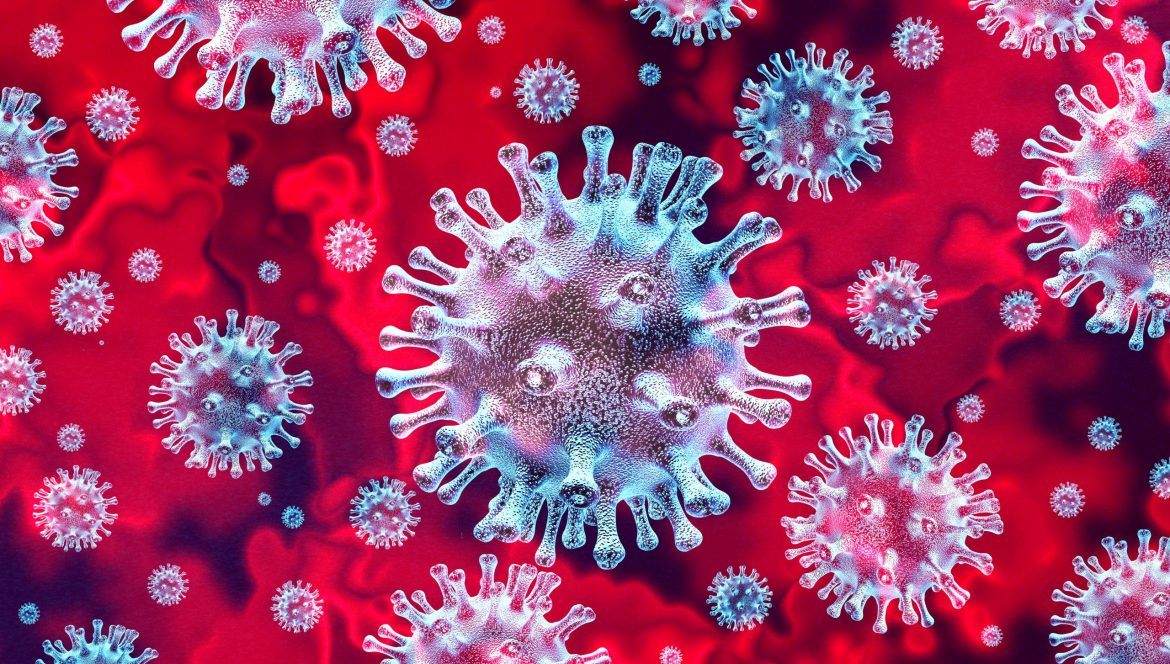Ever since the emergence of SARS-CV-2 there have been several novel strains rooting from the known COVID-19 strain. Several researchers have suggested that there are more than 1 train present while some later have developed due to mutations and the spread through various different genetic pools around the world. While opinions remain divided on the matter, here is what we know so far about the novel CoronaVirus Strains.
Table of Contents
Genetic Mutations
For an RNA virus Genetic mutation is an everyday phenomenon. RNA Viruses have exceptionally high rates of making errors as their coding enzymes are more prone to making errors whenever replicating new virus copies. Every day when genetic material is copied, a new variation of genes may arise as a final outcome. According to the Virologist Prof. Jonathan Stoye, a prominent member of Francis Crick Institute in London in UK, virus mutations are of great significance
“A mutation is a change in a genetic sequence,” he said. “The fact of a mutational change is not of primary importance, but the functional consequences are.” “A change in a protein to allow virus entry into a cell that carries very low amounts of receptor protein could also provide a growth advantage for the virus,” “Mutations in viruses clearly do matter, as evidenced by the need to prepare new vaccines against [the] influenza virus every year for the effective prevention of seasonal flu and the need to treat HIV-1 simultaneously with several drugs to [prevent the] emergence of resistant virus.”.
Small differences which arise will have myriad new novel impacts. Why is this an important approach?
Smallest shift in mutations can bring about a novel virus behavior and can have significant consequences as a result. What is more important to understand in light of the current pandemic situation is that these mutations may not be detrimental to the host, yet it may affect host development or protein interaction.
With the SARS-CoV-2 interaction, there have been obvious patterns of variations in the virus’s genetic sequence. This has given rise to various debates on whether there are other strains modifying themselves to target a host.
Human Corona Types
Corona viruses are named after the crown like structure of the spike that can be found on its uppermost surface. There are about 4 main groupings of the coronaviruses; alpha, beta, gamma and delta. The very first human coronavirus was identified in the 1960s. Till date there has been seven coronavirus strains which can infect people;
Common types of Human Coronaviruses are
- 229E (Alpha Coronavirus)
- NL63 (Alpha Coronavirus)
- OC43 (Beta Coronavirus)
- HKU1 (Beta Coronavirus)
Other Human Coronaviruses
- MERS-CoV (the beta form of coronavirus that causes Middle East Respiratory Syndrome, or MERS)
- SARS-CoV (the beta form of coronavirus that causes severe acute respiratory syndrome, or SARS)
- SARS-CoV-2 (the novel coronavirus which has not been seen before, that causes coronavirus disease 2019, or COVID-19 and is currently the biggest source of pandemic)
These three viruses have been the most recent example of how coronavirus developed from animals to humans. Almost all types of Coronavirus causes respiratory issues. Symptoms of the virus resemble common flue. However following are the most recorded symptoms all over the world;
- Nasal congestion
- Sore throat
- Shortness of breath
- Severe coughing
- High temperature and fever
In some rare cases during the outbreak of the pandemic, many patients have also complained of loss of smell and a blurry vision. In some cases patients have not complained of any symptoms at all yet have been tested positive for the coronavirus.
- Coronavirus complications are continuing to affect
- Elderly people
- Children
- Infant with weak immune systems
- Diabetic people
- People with compromised immune systems
- Young people with mild illnesses
While there remains a huge gap between achieving a safe vaccine and controlling the coronavirus spread. Researchers are still skeptical over the mutating virus and its changing mode of action and transmission.
Important Note: If you feel any of the above mentioned symptoms for persistent day, please self-isolate yourself in your home and contact one of our top specialists through Healthwire.pk for proper diagnosis. In case of confirmation you can proceed with getting testing of the coronavirus.
